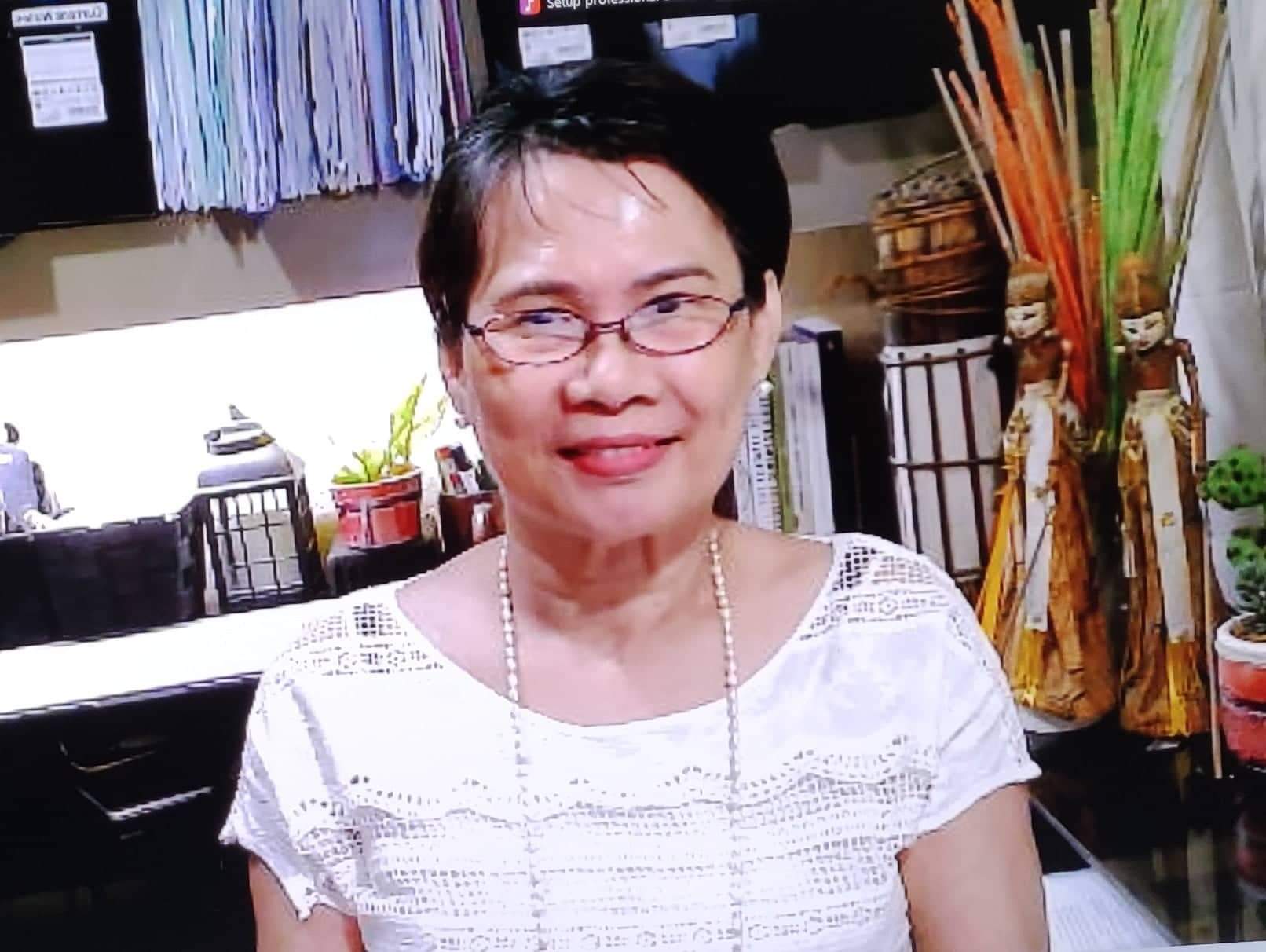
讲座题目:The Road Chronotope in Rural Colonial Philippines
主讲人:Maria Luisa T. Reyes(圣托马斯大学教授、国际期刊Kritika Kultura[A&HCI]创始主编和荣誉编辑)
主持人:杨革新(浙江大学教授)
讲座时间:2022年6月6日19:00-21:00
腾讯会议号:955806127
主讲人介绍:Maria Luisa F. Torres Reyes is professor at the University of Santo Tomas (UST), where she is also appointed scholar-in-residence and editor-in-chief of UNITAS, the university’s peer-reviewed online international journal of advanced research in literature, culture, and society. UNITAS is the oldest extant multidisciplinary journal in the Philippines, established in 1922. At the Ateneo de Manila University, where she was full professor at the English Department for many years, she is the Founding Editor and Editor Emerita of the widely-indexed international journal Kritika Kultura. She is the author of Banaag at Sikat (2010), the award-winning book of literary criticism on the first “socialist” novel in Asia of the same title, and SipatSalin (2012), a collection of her poems and their translations in various foreign and local languages. In her international publications, her scholarly interests and publications include the exploration of the ways in which “Western” ideas and literary and critical categories—like the theories of Bertolt Brecht, a major German theater theoretician and practitioner—have been “refunctioned” in the Philippines and other non-Western contexts. Active in various international professional organizations of academics, she has founded an international network of scholars, teachers, and artists, the Cultural, Literary, and Art Studies Society, Inc. (CLASS), which meets regularly in colloquia, working together toward undertaking international collaborative research and publishing co-authored works in literary and cultural studies. She is currently the president of CLASS and a member of the editorial board of a number of international journals on literature, culture, and the arts.
内容提要:Through a chronotopic reading of “How My Brother Leon Brought home a Wife” by Manuel E Arguilla, a famous short story in English included in textbooks and anthologies of Philippine literature published during the American colonial era, the role of the contextual “background” features of fiction are brought into the textual foreground in order to focus on their dynamic relations. This attention to the mutual constitution or "connectedness" of the text and context in the chronotope, which are conventionally understood to be exclusive if not exclusionary of each other, is meant to show how, in fact, the spatio-temporal structuring and generic framing of the text highlight the role of the “aesthetic” (the “intrinsic” textual elements of form) while also foregrounding the very “politics” of the story’s context (the “extrinsic” contextual reality out there). Indeed, as the paper argues, following Mikhail Bakhtin's reflection on time-space relation, through a broadly narratological close reading of “How My Brother Leon brought Home a Wife,” the story’s chronotope shows how text and context are mutually constitutive and inextricable spatio-temporal dimensions of the story embodying the story’s textual framing and structuring, marking its narratological significance, both aesthetically and politically against the larger of the backdrop of resistance movements during the American colonial period.
浙江大学世界文学跨学科研究中心



